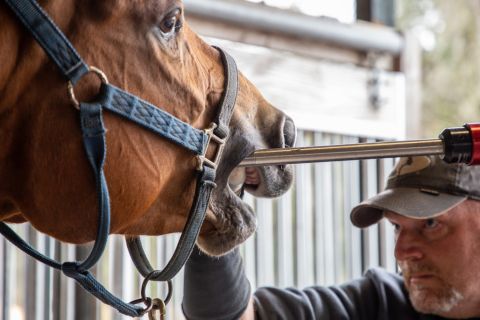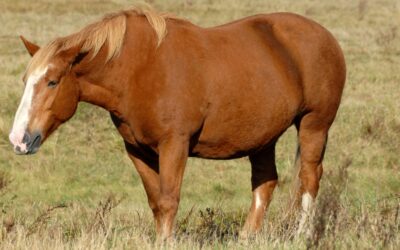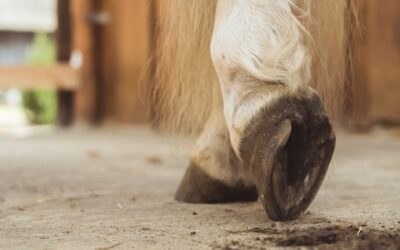
As horse owners, it is our responsibility to ensure our horses’ well-being and health. Just like any other living being, horses are susceptible to various ailments. In this post, we will delve into five common horse health issues and explore preventative measures that can help keep your equine companion in top shape.
1. Colic
Colic is a broad term encompassing abdominal pain in horses and can range from mild discomfort to life-threatening conditions. Common causes of colic include gastrointestinal disturbances, such as gas accumulation, impaction, or twisted intestines.
Preventative Measures:
- Maintain a consistent feeding schedule and provide access to clean water at all times.
- Ensure a balanced diet and avoid sudden changes in feed.
- Implement a regular deworming program.
- Encourage regular exercise to promote gut motility.
- Reduce stress and maintain a stable environment.
2. Lameness
Lameness is a common issue in horses, often stemming from musculoskeletal problems or injuries. It can manifest as a subtle limp or a more severe lameness that affects the horse’s gait.
Preventative Measures:
- Maintain proper hoof care through regular trimming and shoeing.
- Implement a well-structured exercise program to strengthen muscles and joints.
- Be cautious during strenuous activities and avoid overexertion.
- Provide a comfortable and clean living environment.
- Regularly assess your horse’s gait for any signs of lameness.
3. Respiratory Issues
Horses are prone to respiratory problems, especially when exposed to dusty or moldy environments. Conditions like equine asthma, also known as heaves, can develop over time due to poor air quality.
Preventative Measures:
- Ensure proper ventilation in stables and barns.
- Use dust-free bedding and hay (like timothy alfalfa hay).
- Provide ample turnout time in a clean pasture.
- Avoid smoking or any other activities that produce airborne irritants around horses.
- Schedule routine veterinary checkups to detect respiratory issues early.
4. Dental Problems
Dental issues can affect a horse’s ability to eat properly and lead to other health problems. These issues often go unnoticed until they become severe.
Preventative Measures:
- Schedule regular dental checkups and floating (rasping) of teeth.
- Provide a diet that promotes natural chewing and grinding.
- Monitor your horse’s eating habits for signs of discomfort.
- Encourage the use of appropriate toys or objects for natural dental wear.
5. Skin Conditions
Horses are susceptible to various skin problems, including fungal infections, rain rot, and allergies. Skin conditions can cause discomfort and affect a horse’s overall health.
Preventative Measures:
- Maintain good grooming practices to keep the skin clean and free from debris.
- Use fly repellents and protective gear to prevent insect-related skin issues.
- Ensure proper turnout and provide shelter during adverse weather conditions.
- Address skin issues promptly with the guidance of a veterinarian.
Remember, prevention is often more effective and less costly than treatment. By implementing these preventative measures and staying vigilant about your horse’s well-being, you can help ensure a long, healthy, and happy life for your equine companion. Always consult with your veterinarian for personalized guidance on your horse’s unique health needs, as individual horses may require different care strategies.
Investing in Proper Horse Care
Horse ownership requires a lot of care and attention. Whether you’re dealing with equine asthma or lameness in horses, there are numerous horse health issues to watch out for. If you notice your horse acting strange or upset, it’s important to schedule a visit from the vet as soon as possible. Remember, many horse health issues can put your equine friend’s well-being at risk.




